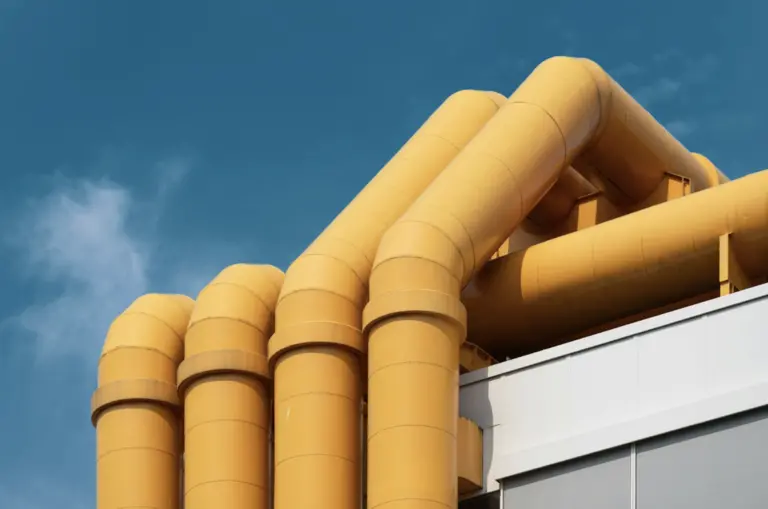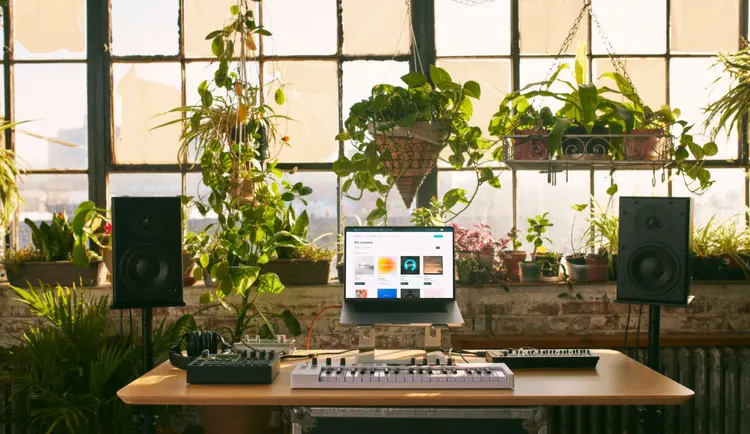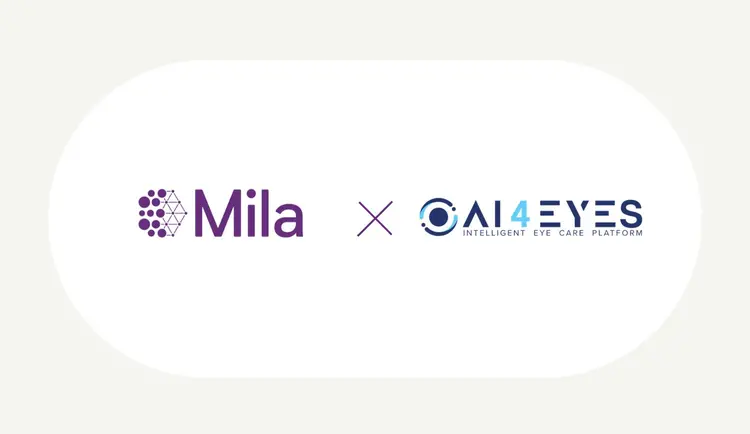
In Quebec and elsewhere, the companies that manufacture our everyday goods generate almost 30% of the world's greenhouse gases. That's a major proportion, especially when you consider that those emissions are generated by just a handful of actors. In Quebec, a single aluminum smelter releases enough heat on a daily basis to power 20,000 homes!
Local Energy, a Mila startup, is transforming the way communities and industries manage waste energy by harnessing artificial intelligence to design and operate tomorrow's energy networks. Their software solution allows factories within an industrial park to automatically trade their waste energy, like a stock market where surplus energy becomes a real currency of exchange between neighbors.
By pooling and reusing energy, society as a whole benefits. Local Energy’s models enable industrial sites to monetize their waste heat by forming local energy markets (LEMs): in this way, they reduce their energy purchases, often from fossil sources, and generate long-term income. A single project avoids over 10 million tonnes of CO₂ over twenty years — the equivalent of taking 2.4 million cars off the road.
We spoke to Léo Lamy-Laliberté, President and Founder of Local Energy, and Simon Dufort-Labbé, Scientific Director and PhD Candidate at Mila.
How did your participation in the NextAI program lead Simon to join your project?
Simon: I was in my second year as a scientist-in-residence at Next AI. I’ve always had an interest in entrepreneurship, and the more I worked with Local Energy, the more I connected with their mission — It’s a project where AI can make a major difference. I also saw a real need for the kind of expertise I could bring, and I quickly realized it was a great team, one I wanted to work with.
Léo: On my end, I was attending Simon’s masterclasses every week, asking tons of questions. The connection happened naturally. It became clear that Simon could bring a unique solution to some of the key problems we were trying to solve.
Simon, how did your participation in Mila’s entrepreneurship cohort help you transition into a startup?
Simon: I joined the cohort to better understand the world of entrepreneurship beyond the technical lens I was used to. It gave me confidence and, more importantly, a high-level view of startup dynamics, and the internal processes and challenges I would need to navigate.
You were later accepted as a Mila Startup. What impact did that have on Local Energy?
Léo: It was a real catalyst. Access to Mila’s resources allows us to be more innovative, and being recognized as a Mila Startup builds trust with clients and opens doors to new opportunities. It’s had a tangible impact for us, especially in strengthening our partners' confidence in our ability to push the boundaries of innovation.
The constraints and pressures in the energy sector are evolving quickly. The industry needs to decarbonize rapidly, and that requires technological support not everyone has. It’s a major challenge, and we now believe we’re well equipped to help, thanks in part to the use of AI.
What advice would you give to Mila researchers thinking about launching a startup?
Simon: I’d tell them to surround themselves with the right people. You need to step outside your research bubble, talk to people, and really listen to what’s happening in the field — that’s how you learn and grow.





